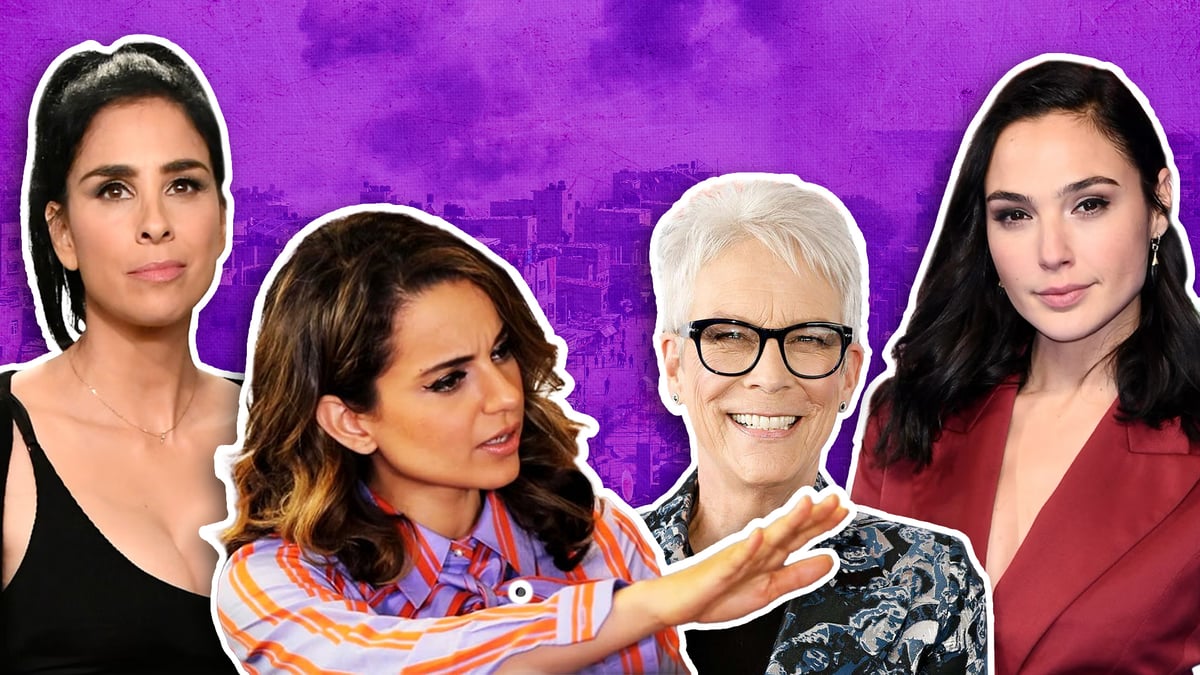
And it’s the mistakes we remember, not the wins. It’s Kendall Jenner’s ad proposing we can tackle police brutality by offering them a can of Pepsi. Or Kim Kardashian telling women to “get your ass up and work” (though we’ll also commend her work for death row inmates).
But why should celebrities speak out at all, you might ask? Their job is to entertain, not assume the position of political pundit. After all, wouldn’t it have been better if Kangana Ranaut didn’t meet the Israeli ambassador to pontificate on “Hindu genocide” and thus the similarity between Hindus and Jews?
The problem is that news and opinions today are driven not by content but by amplification. It isn’t enough to report on issues, you need to attract enough clicks to go viral.
It’s why more people get their news today from celebrities and influencers, not journalists. It’s also why celebrities began hiring social media managers in the early 2010s to craft “storylines” for themselves on the causes they’d like to support, or be seen supporting, while also coming off as organic and authentic.
And celebrities lend a weight to causes that wouldn’t exist otherwise. In 2020, a single tweet by Rihanna on the Indian farmer protests – “why aren’t we talking about this?” – drew global attention to what was happening. It annoyed the Indian government enough that the Ministry of External Affairs issued a statement saying “vested groups” were “trying to enforce their agenda on these protests”.
The Palestine question
In the United States, the line between celebrity bubbles and politics blurred long ago, with superstars throwing their weight behind presidential candidates and campaigns. In more recent history, it was the endorsement of Barack Obama in the 2008 election, and the bitter divide between supporters of Hilary Clinton and Donald Trump in 2016.
But when it comes to Israel, it’s not as simple. Here, it’s important to remember that western media outlets have acted as cheerleaders for some of the worst atrocities committed by western powers in the 20th century, from The Economist’s support of the Iraq war to The New York Times and its ilk parroting IDF talking points. They sell the version that Palestine is Hamas, or that Israel’s occupation wasn’t an occupation at all.
This positioning – of the US and co. as “good” versus generic “evil” – is also what led to the debacle in the Canadian parliament last month over the Ukraine-Russia war.
On paper, it sounded straightforward enough: After a speech by Ukrainian president Volodymyr Zelensky, assembly speaker Anthony Rota said a 98-year-old “hero” was in attendance that day, a man named Yaroslav Hunka who had “fought for Ukrainian independence against the Russians” during the Second World War. Led by Zelensky and Canada’s prime minister Justin Trudeau, everyone rose to their feet and gave Hunka two standing ovations.
Hunka looked slightly taken aback. As well he might, because there’s one simple issue here – who was it who fought against the Russians in WW2? Hunka was a member of the First Ukrainian Division, better known as the SS 14th Waffen Division – a Nazi unit.
Here’s a version of that ovation with an edited voiceover to really drive that point home:
